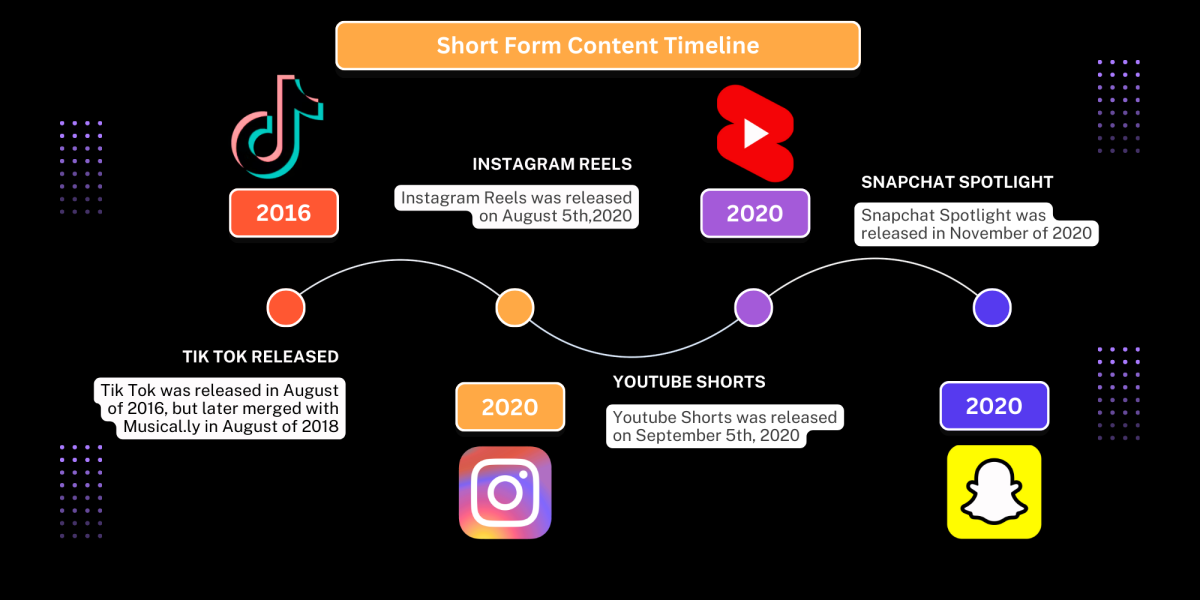Sandra Tsing Loh once said “When you face writer’s block, just lower your standards and keep going”. According to Google, writer’s block is described as “the condition of being unable to think of what to write or how to proceed with writing.” Almost every writer has experienced it in some shape or form. For sophomore Veronica Seely it is “like a really frustrating period of time where [she] can not think of anything to progress a story…[she will] just be stuck there writing the same thing over and over again, in different formatting”.
The cause of writer’s block is unknown and can vary from simple procrastination to fear of failure or even perfectionism. However, What fuels it is up to the writer’s routine (or lack thereof). A consistent writing schedule or maintained routine can significantly improve the effects writer’s block can leave. For example, establishing a specific place or time to write each day and stimulating the brain can help keep creativity flowing. Having a set time can also help with procrastination and eliminates the internal debate of when to write.
Another fuel of writer’s block is burnout. Overworking with minimal breaks or brainstorming can feel draining, making it more difficult to focus. One way to combat this is by taking breaks or setting a limit on how long you will write each day. Senior Kendyl Roberts commented on this, saying “I think that taking breaks during writing is very important, you may be in a flow, but sometimes it is important to let your mind rest and regenerate your thoughts.” Another possible solution is to listen to music while you write or create an atmosphere where you feel relaxed. Roberts feels strongly about this, admitting “I think people would benefit from listening to sounds because it helps your brain focus on the writing, so it kind of just calms your mood or anxiety for whatever you might be feeling.” Writer’s block doesn’t just affect the overall quality of writing, it also can affect the quality of someone’s mental health. Writer’s block, though can be caused by already existing stressors, can also add to them subconsciously. The simple procrastination technique of “I will do it later” does not directly confront the issue, but suppresses it, making the writer stress even more, resulting in an ongoing cycle. If procrastination is not confronted appropriately it can prevent you from achieving your goals entirely. Writer’s block does not just affect average writers or even someone who does not write frequently at all.
Writer’s block also affects experienced and well-known writers as well. One example is John Avlon who confessed to the Writing Routines publication “I’m superstitious about writer’s block to the extent I don’t particularly feel like devoting a great deal of time to dwelling on it. It seems like getting stuck in a desert, is a nightmare. But there are definitely times when the inspiration flows more freely than not. It seems to me that writing is a muscle: it gets stronger the more you use it. If you let yourself fall out of the habit, it can be hard to get back in form. Writing a regular column keeps you limber and sharp and guarantees that any fear of writer’s block is kept at bay.” Acknowledging that writer’s block is not a personal definition of your capabilities but a common occurrence that happens to many skilled writers may help with the stress of it all.
Overall, Writer’s block is different for every person, and although has no set-in-stone solution, can be minimized with different personalized tactics or routines. The best way to overcome writer’s block is not to avoid it, but to work through it day by day.







